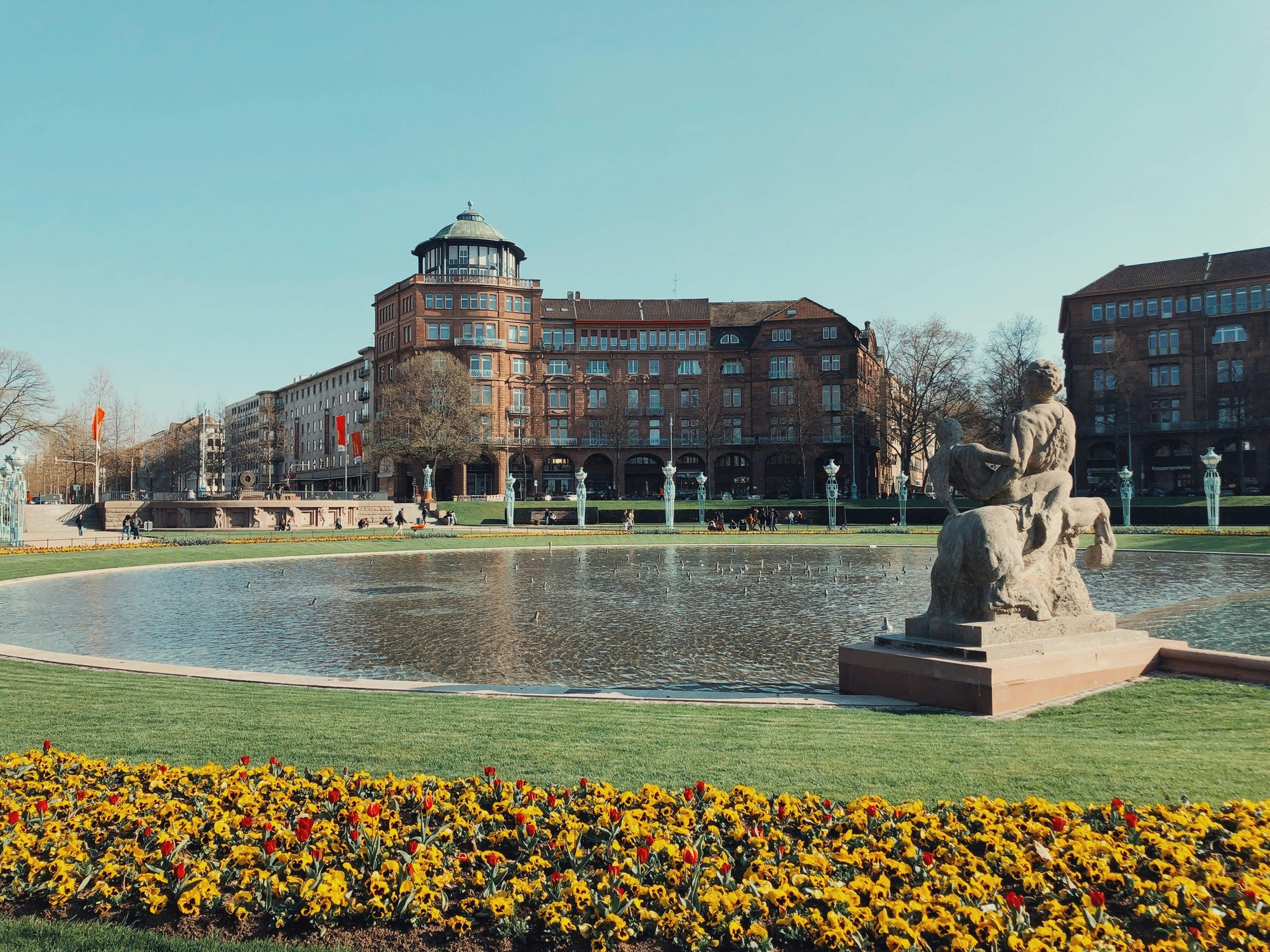EduNate Cities
Objective
EduNate Cities was created to explore and share solutions for the rewilding of urban and peri-urban areas, integrating these initiatives with educational programs aimed at civil society. Cities are both drivers and victims of climate change: high temperatures, intensified by concrete and asphalt, make sustainable urban planning increasingly urgent.
The project seeks to address these challenges by asking: is it really necessary to rely on complex and costly interventions, or do replicable, accessible, and resilient models already exist? Building on well-established approaches such as urban gardens and the Tiny Forest method, EduNate Cities promotes a holistic strategy that combines environmental education, social inclusion, and ecological regeneration.
Area of Intervention
The project engages three model European regions, each with distinct urban characteristics and challenges:
-
Vestland (Bergen, Norway)
-
Tuscany (Florence, Italy)
-
Rhine-Neckar (Mannheim, Germany)
Through international exchange, EduNate Cities strengthens the capacity of partner organisations to adapt and transfer innovative skills and models to their respective local contexts.
The activities target various groups. Adults, youth, institutions, educational bodies, and citizens, with the aim of generating tangible, participatory impact.
The project is inspired by Ban Ki-moon’s statement:
“Cities are where the battle for sustainable development will be won or lost.”
A sustainable urban transformation is possible only through the active involvement of civil society.

Project
EduNate Cities is a European exchange project that aims to:
-
Promote environmental awareness and green skills through education
-
Identify and test urban rewilding solutions adaptable to different local contexts
-
Create resilient infrastructures to face the impacts of climate change
The main activities include:
-
Mapping and experimenting with educational and environmental formats across three model regions
-
Scientific, political, and pedagogical evaluation of results
-
Direct involvement of citizens and local institutions
The project is supported by:
-
Starkmacher e.V. (training and inclusion) – consortium lead
-
Fondazione Capellino (scientific research)
-
Vestland County Governor’s Office (political guidance)
A European Laboratory for Urban Sustainability
EduNate Cities represents a European laboratory for sustainable urban innovation, capable of generating scalable and replicable solutions. Its strength lies in the integration of ecology, education, and participation, providing a tangible contribution to the resilience of European cities.
The project serves as a potential starting point for promoting sustainable urban development on multiple fronts. The proposed formats are examined from educational, scientific, and political perspectives, ensuring them accessible and usable by various stakeholders.
This international exchange enhances the role of participating organisations within their local contexts, enabling the transfer and adaptation of innovative skills and models to different regions. Vestland (Norway), Tuscany (Italy), and the Rhine-Neckar metropolitan area (Germany) each face unique challenges, requiring tailored approaches to achieve sustainable solutions.
Targeted exchange and shared expertise will enrich European cooperation. Furthermore, the European community benefits from the scientific, political, and pedagogical approach, ensuring a broader and more integrated impact of the models adopted.
EduNate Cities is an exchange project with significant development potential, capable of generating additional outcomes throughout its implementation.
.jpg?width=1080&height=445&name=foto-190125-14-31-21-banner-web_67ac81f29cf15%20(1).jpg)


Project data
 |
DURATION 2025-2026 |
 |
OUR INVESTMENT FINANCED BY EUROPEAN TENDER |

